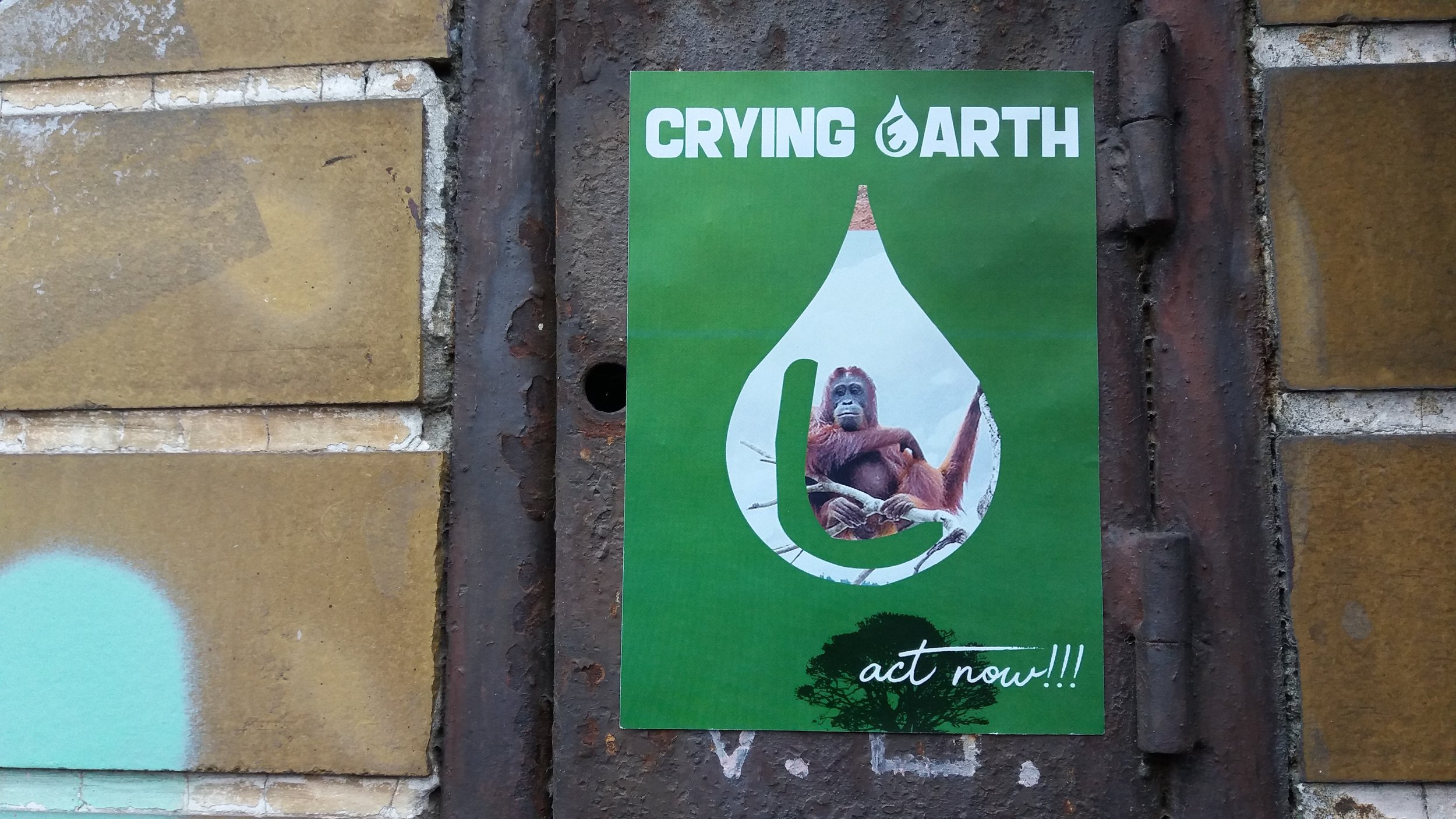Why College Students Should Care About Palm Oil Consumption
Written by Melissa Alvarez
Thumbnail photo by Marija Zaric on Unsplash
Palm oil is everywhere. In the words of journalist Adam Ragusea, "This is by far the number one edible grease in the whole wide world." Yet, beneath the ubiquity of this versatile product lurks a concerning reality.
But why should you, as college students, be concerned about your palm oil consumption? Yes, maybe it's already in your kitchen, in your pantry, and in your bathroom, but really, what about it? To be more blunt: palm oil is made out of the palm tree fruit and there are two types, one is extracted from the fruit (palm oil) and the other is extracted from the seed (palm kernel oil). It is found in warm climates like Mexico and Africa. It is mainly lurking in food products, cosmetics, and cleaning products. Unfortunately, palm oil is not always labeled in these products in ways that we could recognize it. There is a long and exhaustive list of all the sneaky names companies use to hide palm oil, even in “eco-friendly” products. Feeling a bit lost in how palm oil is damaging to both health and the environment? Keep reading!
Palm Oil Consumption and the Environment
The palm oil industry is a climate change catalyst. It contributes significantly to deforestation, leading to the loss of critical habitats for threatened species. Every year, vast tracts of tropical rainforests rich in biodiversity are sacrificed at the altar of palm oil cultivation. This practice accelerates species extinction and disrupts carbon storage, leading to a dangerous greenhouse effect. Orangutans are by far the most famous victims of this particular monocrop's takeover, but they are far from alone—in fact, you may be one yourself.
Health Hazards of Palm Oil
Aside from the environmental implications, palm oil is also not entirely beneficial for our health. As both the fruit and the kernel of the palm are naturally packed with saturated fats, it serves as a great shelf stable fat that oversteps the need for partial hydrogenation—the process by which trans fats are created. However, even when it's all natural, it's not all good: as saturated fat, it elevates 'bad' LDL cholesterol levels in the body, increasing the risk of heart disease, among many other side effects. When fat of this kind is already everywhere, you may not even realize how much you're truly consuming or how much you're putting your body under strain.
Photo by Fulvio Ciccolo on Unsplash
Steps to Sustainable Consumption
Now that you're aware of just some of the potential harms, what can you, a busy college student, really do about it?
Read labels: Peruse the ingredient list while shopping. Avoid products listing palm oil, palm kernel oil, or any of its many other names.
Buy alternatives: Fats come from many sources and can assist in various goals. Here's a list of palm oil alternatives and their use cases:
Olive oil: cooking, baking
Coconut oil: skincare, cooking
Soybean or rapeseed oil: food processing, frying
Shea butter: cosmetics, skincare
Buy sustainable: Palm oil is abundant. If avoiding it is not possible or feasible, opt for products made with certified sustainable palm oil (CSPO). They're a small share of the market but by far the best bet for palm oil consumption.
Buy less: You're in college; you already shop smart and on a budget. There are many ways to reduce consumption without sacrificing your health or satisfaction.
Promote awareness: Educate your peers about the palm oil issue and promote sustainable consumption within your college community.
Conclusion
College students are prime agents of change. It's up to you to make responsible choices and promote sustainable practices. This is why caring about palm oil consumption is crucial. Whether you're fighting extinction in the rainforest or promoting healthier diets, every change you make counts. It's more than just about an ingredient; it's about the future we're shaping.


